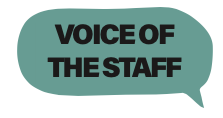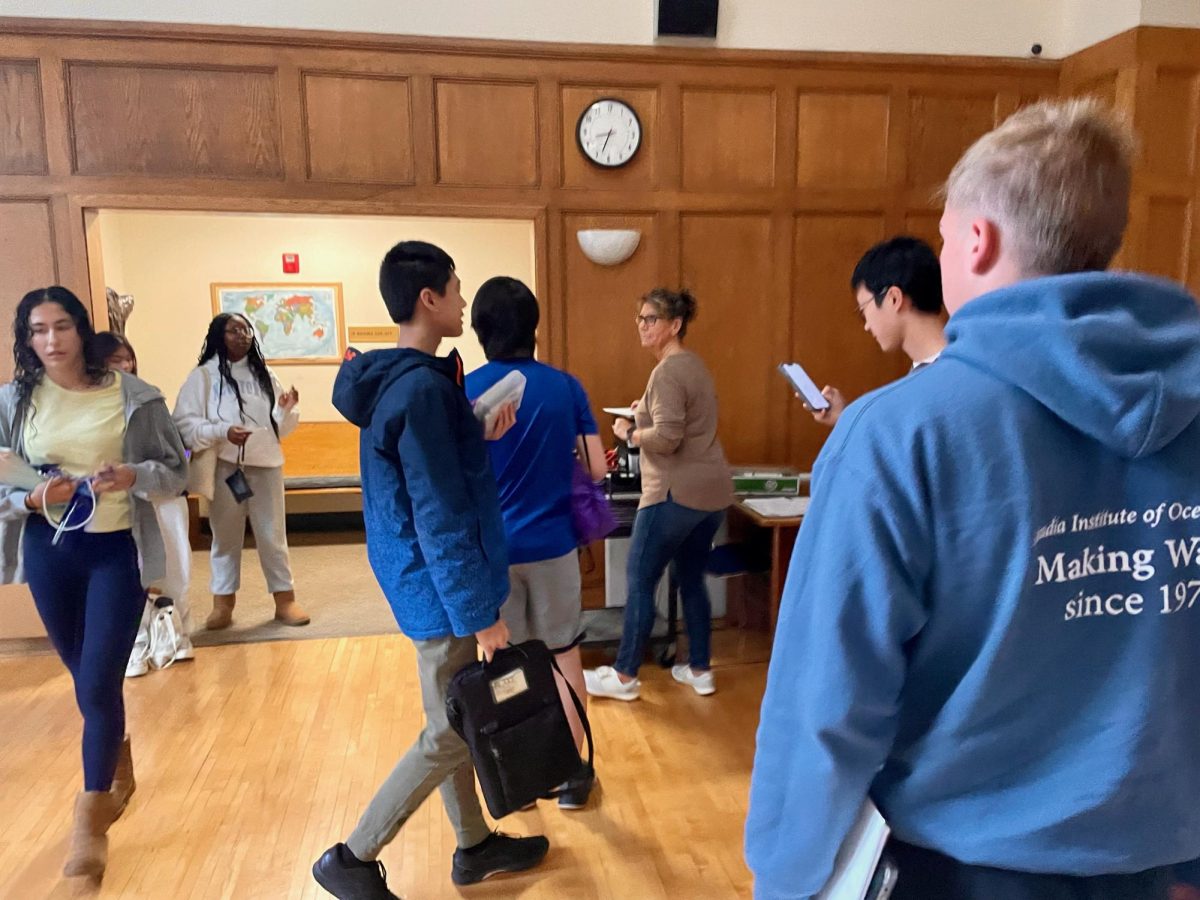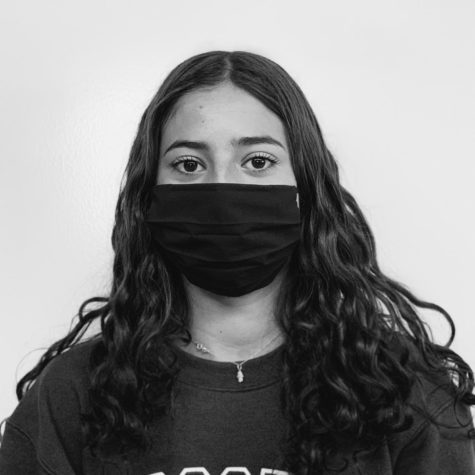
CJB: Community Judiciary Board, a group of elected students who are in charge of recommending tried students’ punishments to the administration, in order to provide a student perspective within Blake’s disciplinary process. This year’s CJB representatives, Shreya Mohan ‘22, Annabelle Swigert ‘22, Ayaan Mallick ‘22, Zach Weiner ‘23, Ben Hykes ‘23, Julia Rasmussen ‘23, Eleanor Loew ‘24, Gourav Kumar ‘24, Chizoro Nwokocha ‘25, and Romare Onishi ‘25 make the recommendations with guidance from faculty advisors Janet Williams, David Zalk ‘66, and Paul Menge.
However, to those who are not involved in CJB, its processes remain murky, creating a space for much confusion, questioning, and gossip––all of which do not foster a healthy culture. Right now, CJB is shrouded in mystery, and many do not un- derstand its importance nor take voting very seriously, even though selecting representatives will best support students in trouble is the goal.
How are students expected to vote for their representatives if they don’t completely understand what CJB is? Because there’s a lack of clarity about CJB’s purpose and its processes, students don’t understand the weight of their vote. It would be beneficial to have a short walk-through of a CJB court proceed- ing and an explanation of CJB representatives’ duties while in their term before each election. That way, students will realize how important it is to take their vote seriously.
When is a case of academic dishonesty deemed “worthy” of a CJB trial?
Another point of confusion is what kind of cases get sent to CJB and to what extent students’ actions outside of school get brought into school. For instance, not every case of academic dishonesty is sent to CJB, so where is the line drawn? When is a case of academic dishonesty deemed “worthy” of a CJB trial? And for actions outside of school, when does the school become involved? The lack of clarity surrounding the cases that get sent to CJB contributes to the overall confusion about CJB and its processes.
From our understanding of CJB, it only gives the administration a recommendation for students’ punishments, allowing for a perspective that is closer to the student and may provide more empathy for them. However, if it is only a recommendation, are their opinions really being taken into consideration? Obviously, it is hard to place the power in the hands of kids to make decisions about disciplinary actions; however, if it is only a recommendation, is their work having much of an impact on the disciplinary process?
We must rethink our community’s relationship with CJB and punishment in order to place a higher value on each individual’s well-being.
This raises the question: what is the goal of CJB? Is it trying to teach students about judicial processes in a real world setting? If CJB’s purpose is to support the community, then how can CJB’s processes be made more transparent in order to cultivate a healthier relationship within the Upper School community and allow for punishment to not be ostracizing. The cloak of secrecy surrounding punishment and CJB is unhealthy––there’s no value in keeping secrets as it spreads harmful rumors––and we must rethink our community’s relationship with CJB and punishment in order to place a higher value on each individual’s well-being.







